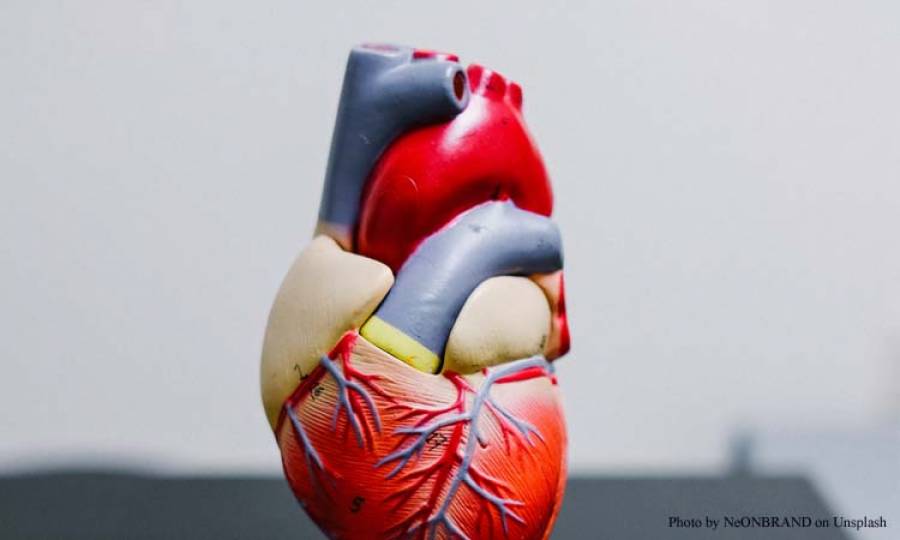Pakistani surgeon performs first successful transplant of pig heart to human patient

UNITED STATES: Dr Muhammad M. Mohiuddin, a medical school professor and the founder of the Cardiac Xenotransplantation Program, and his team recently completed the first successful transplanting of a pig heart into a human body.
They employed a mix of medications to avert the immune system from rejecting the new organ and the genetically edited heart.
After surgeons and doctors from the University of Maryland School of Medicine and the University of Maryland Medical Center performed the first successful transplant of a genetically modified pig's heart to save his life, a Maryland man was doing well.
David Bennett, a 57-year-old patient, was judged ineligible for a traditional heart transplant at the University of Maryland Medical Center and other transplant hospitals around the country after being diagnosed with fatal cardiac disease. Doctors would keep an eye on him in the hospital for the next few weeks or months to ensure his body doesn't reject the new heart.
Bennett, who had been immobilised for much of the previous few months due to a series of earlier surgeries, said he was willing to take risks associated with the experimental surgery.
"It was either die or do this transplant," says the patient.
"I want to live," he remarked before the operation in a statement. "I know it's a long shot, but it's my final resort."
According to Bennett's group of specialists, the medical breakthrough could assist health care providers in addressing the organ scarcity dilemma, which leaves thousands of people without lifesaving treatment options each year.
Dr David Klassen, Chief Medical Officer, United Network for Organ Sharing, a national nonprofit contracted by the federal government to oversee and guide the country's transplant network, said Bennett's surgery could open more doors and create new pathways forward for those waiting for not just hearts but also kidneys, livers, and pancreases.
Animal organ transplants, also known as xenotransplants, are controversial and could pose significant patient hazards. Hence they are not routinely used. In one prominent example, in 1984, physicians at a California hospital gave a baboon heart to child Stephanie Fae Beauclair, who was born with a significant cardiac abnormality. Her case ended in tragedy because her body rejected the new organ, resulting in her death 20 days later.
Trending
Popular
Sindh pledges vigorous action to prevent poliovirus transmission
-
PMA stresses health equity on World ...
04:08 PM, 9 Apr, 2024 -
Dow University’s new rabies vaccine ...
12:18 PM, 28 Mar, 2024 -
IRD role lauded in advancing ...
02:53 PM, 12 Mar, 2024 -
Over one billion people worldwide ...
09:48 AM, 5 Mar, 2024




